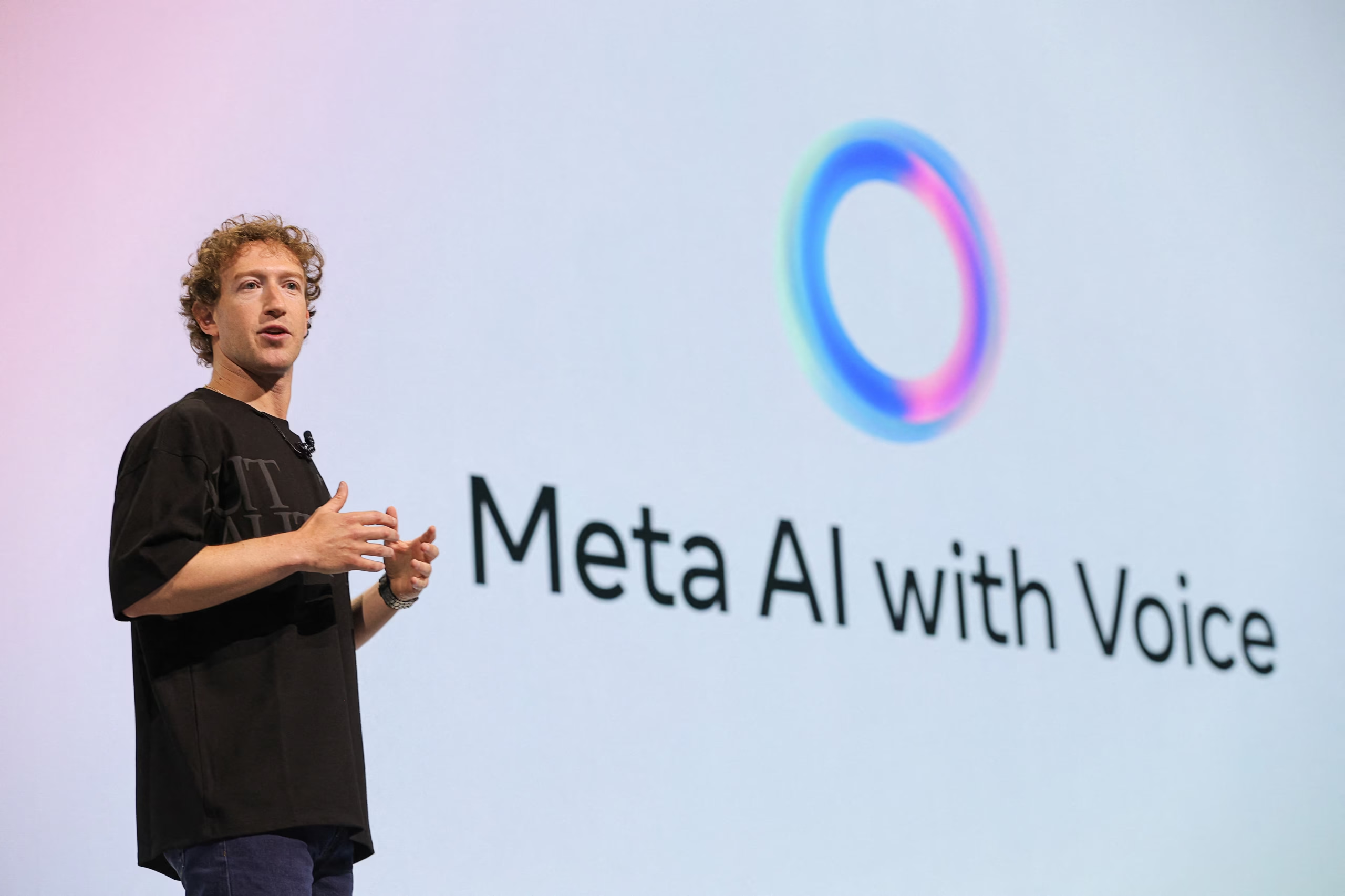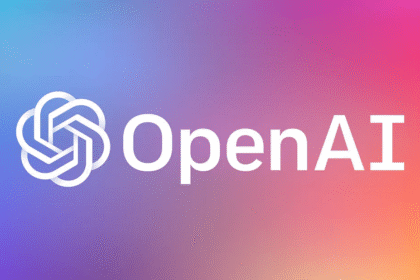Meta CEO Mark Zuckerberg unveiled his plan for “personal superintelligence” on Wednesday, marking a shift in how the company may approach releasing its most advanced AI models. His message: AI should help people achieve personal goals, not just automate work, and Meta wants to lead that future.
Tucked into his announcement was a subtle, but important signal: Meta may no longer fully commit to open-sourcing its top AI models.
“We believe the benefits of superintelligence should be shared with the world as broadly as possible,” Zuckerberg wrote. “That said, superintelligence will raise novel safety concerns. We’ll need to be rigorous about mitigating these risks and careful about what we choose to open source.”
This represents a potential pivot for Meta. The company’s Llama models have been widely promoted as open alternatives to the closed AI systems from OpenAI, Google DeepMind, and xAI. In 2024, Zuckerberg claimed future Llama models would become “the most advanced in the industry.”
However, he has previously acknowledged that this openness had limits. “If at some point… we feel like it’s not responsible to open source it, then we won’t,” he said in a podcast last year.
Critics have long argued Llama isn’t truly open source, noting that Meta hasn’t released its full training datasets. Now, Zuckerberg’s latest comments suggest the company’s priority may be shifting with openness no longer the default.
There’s a clear financial rationale. Closed models offer tighter control and clearer monetisation paths, something competitors like OpenAI lean on. Zuckerberg has insisted Meta doesn’t rely on selling AI access, its main revenue comes from advertising, but that philosophy may be changing as the company races to catch up with rivals.
In June 2025, Meta went all in on artificial general intelligence (AGI), investing $14.3 billion in Scale AI, acquiring its founder, and launching a new internal unit: Meta Superintelligence Labs. The company has since aggressively hired top AI talent and expanded its infrastructure.
Reports now suggest Meta has paused work on its latest Llama model, code-named Behemoth, to instead prioritize building a closed model, a notable strategic shift.
Zuckerberg’s broader ambition is to deliver “personal superintelligence” through consumer products like AR glasses and VR headsets devices that can see, hear, and interact with users in real time. “Personal devices like glasses that understand our context… will become our primary computing devices,” he wrote.
When asked whether Meta would keep its most powerful models closed, a spokesperson said the company remains committed to open source but acknowledged a dual-track approach going forward.
“Our position on open source AI is unchanged,” the spokesperson said. “We plan to continue releasing leading open source models… and expect to continue training a mix of open and closed models.”







